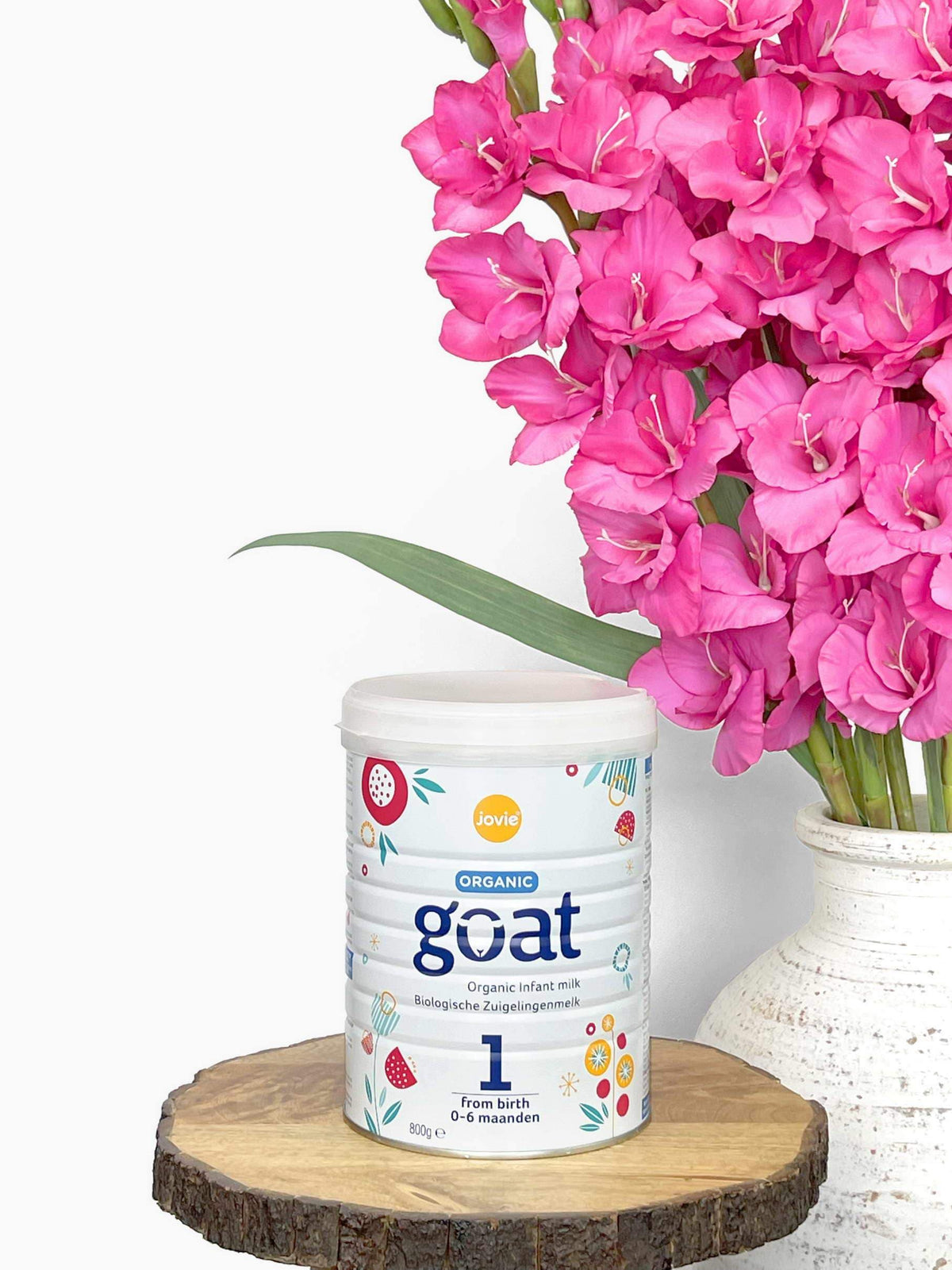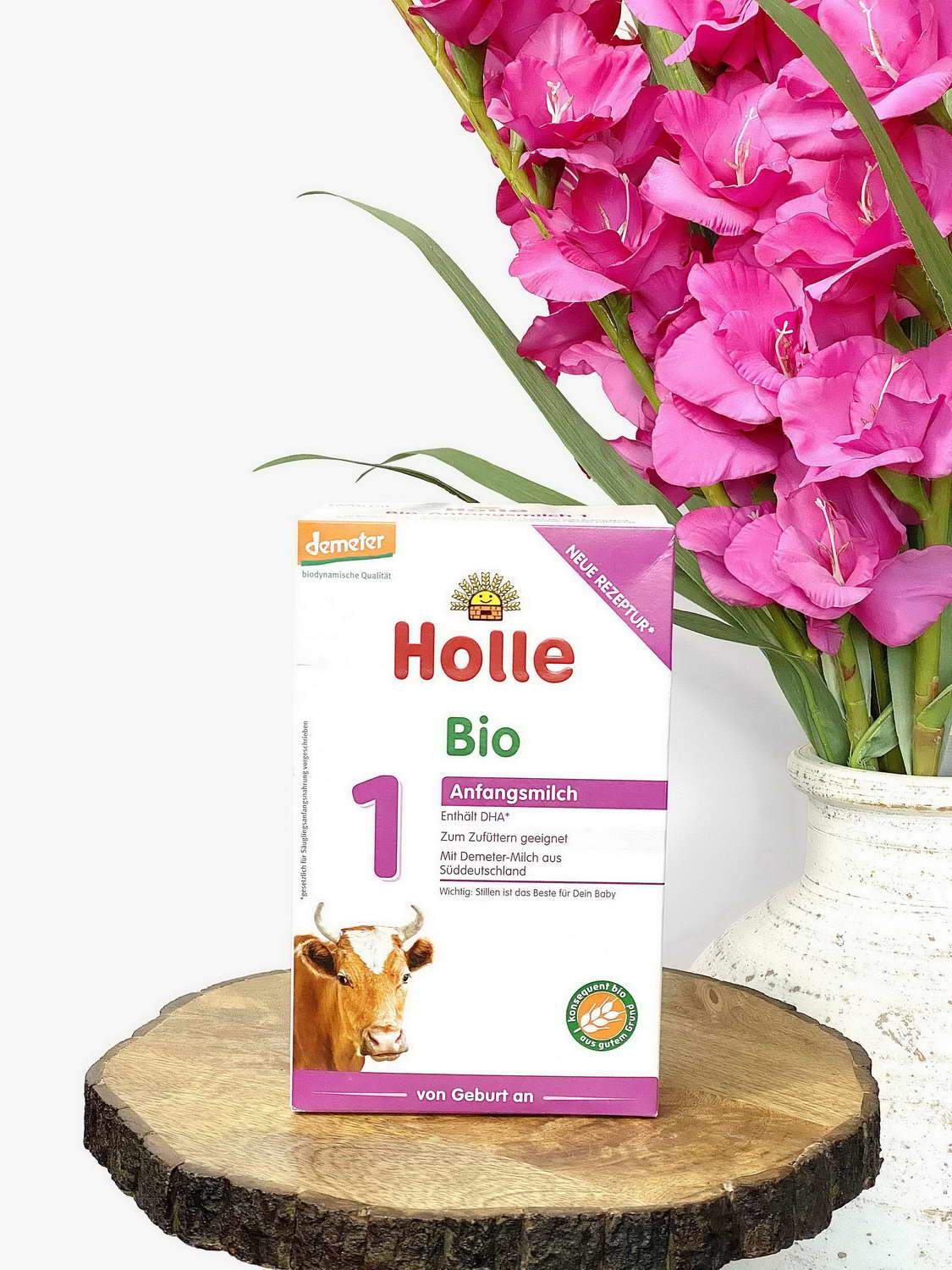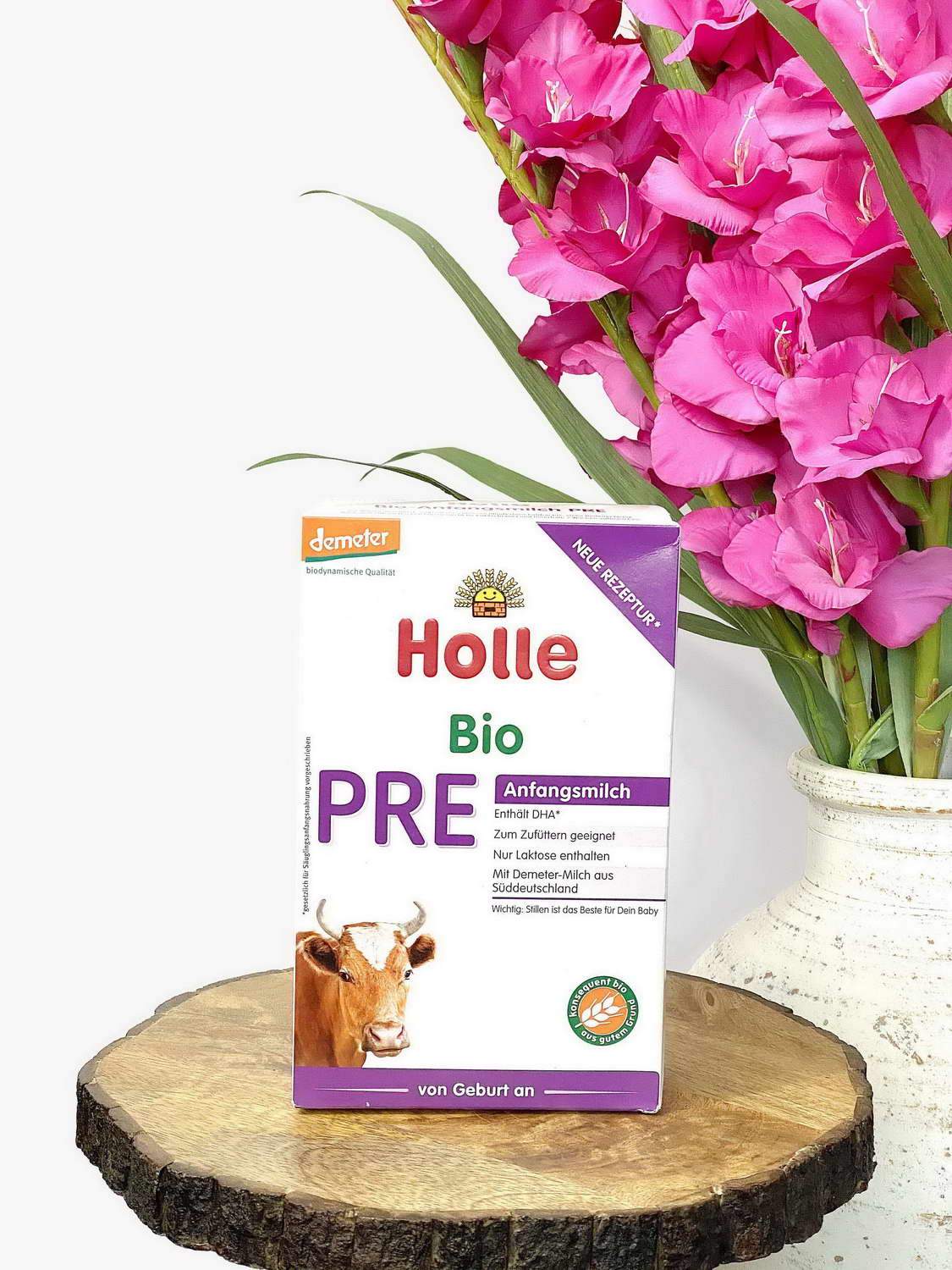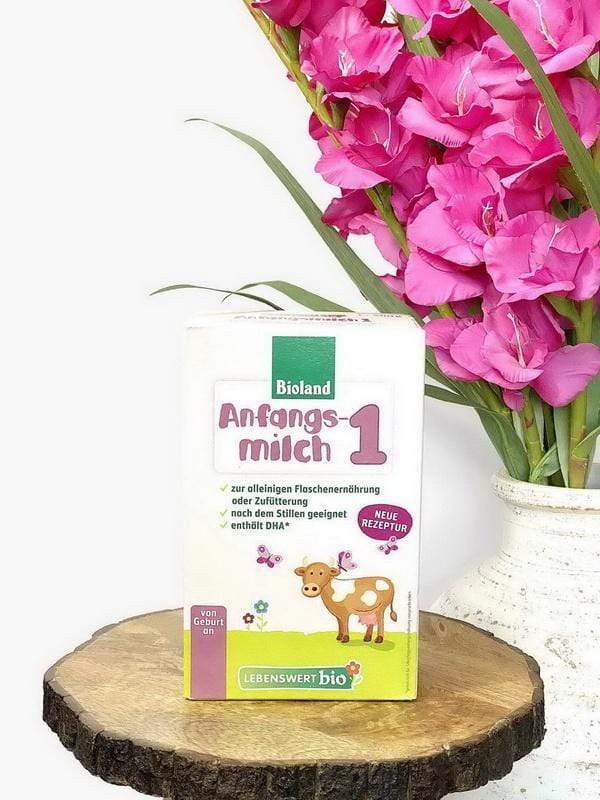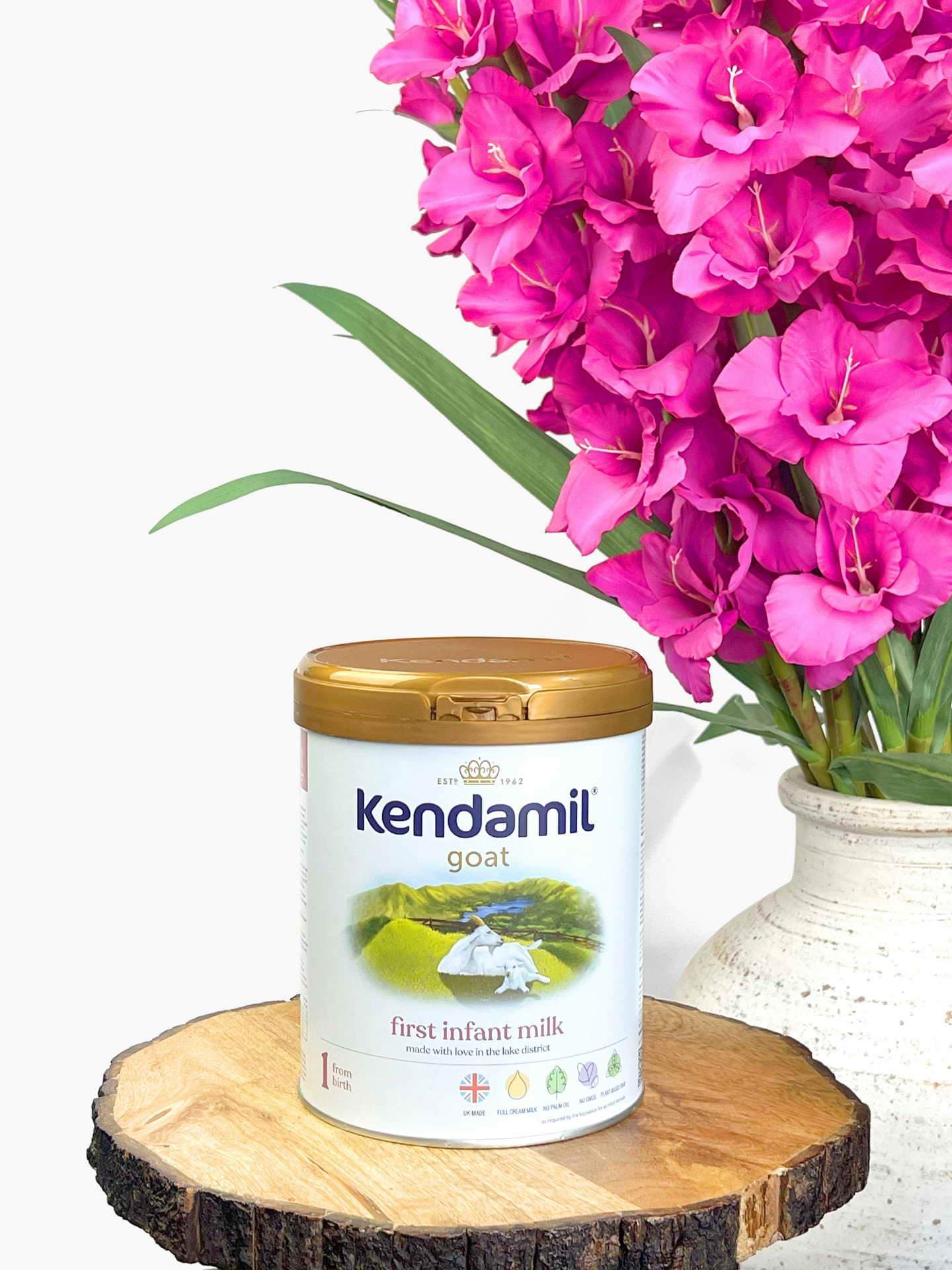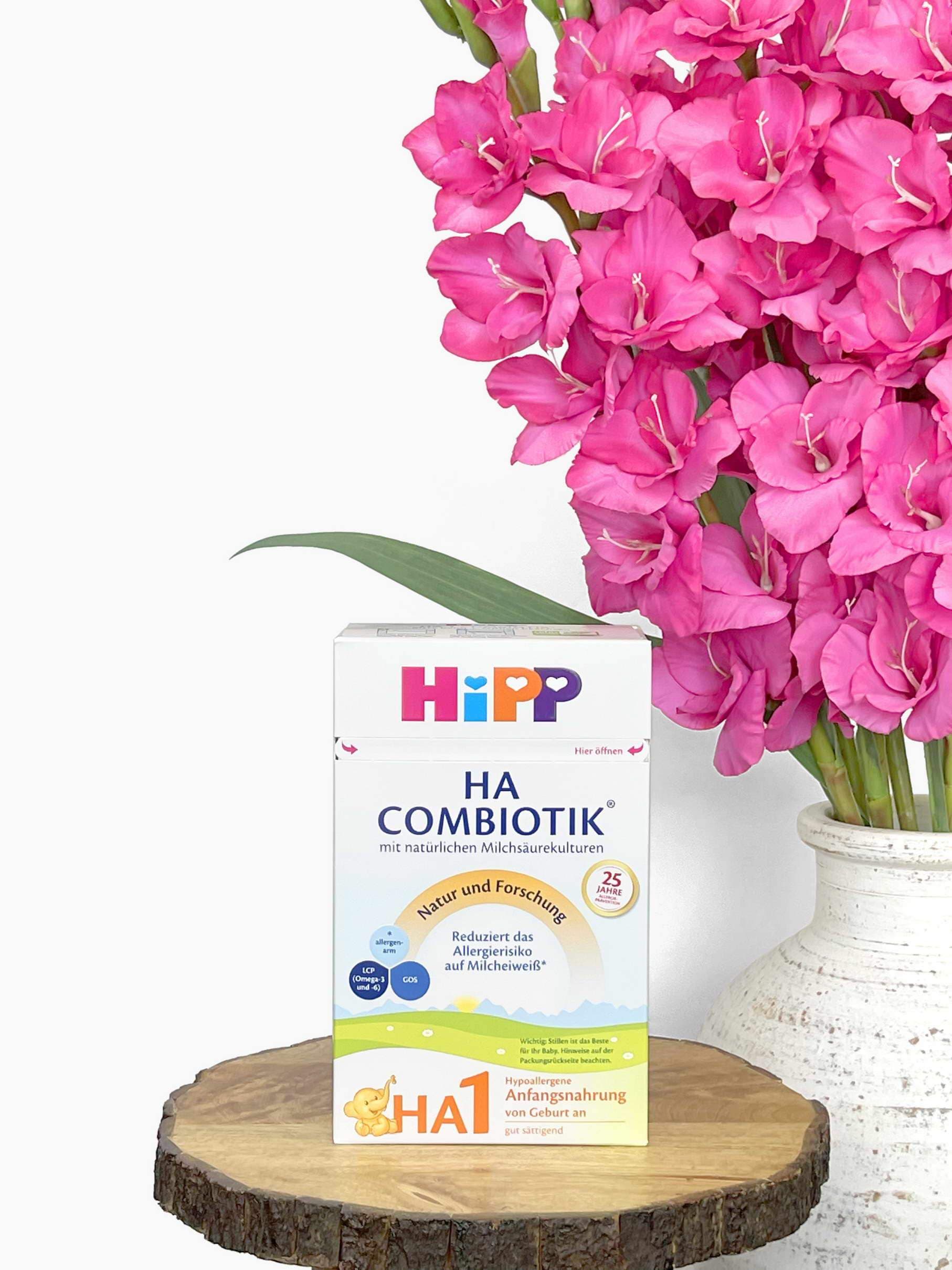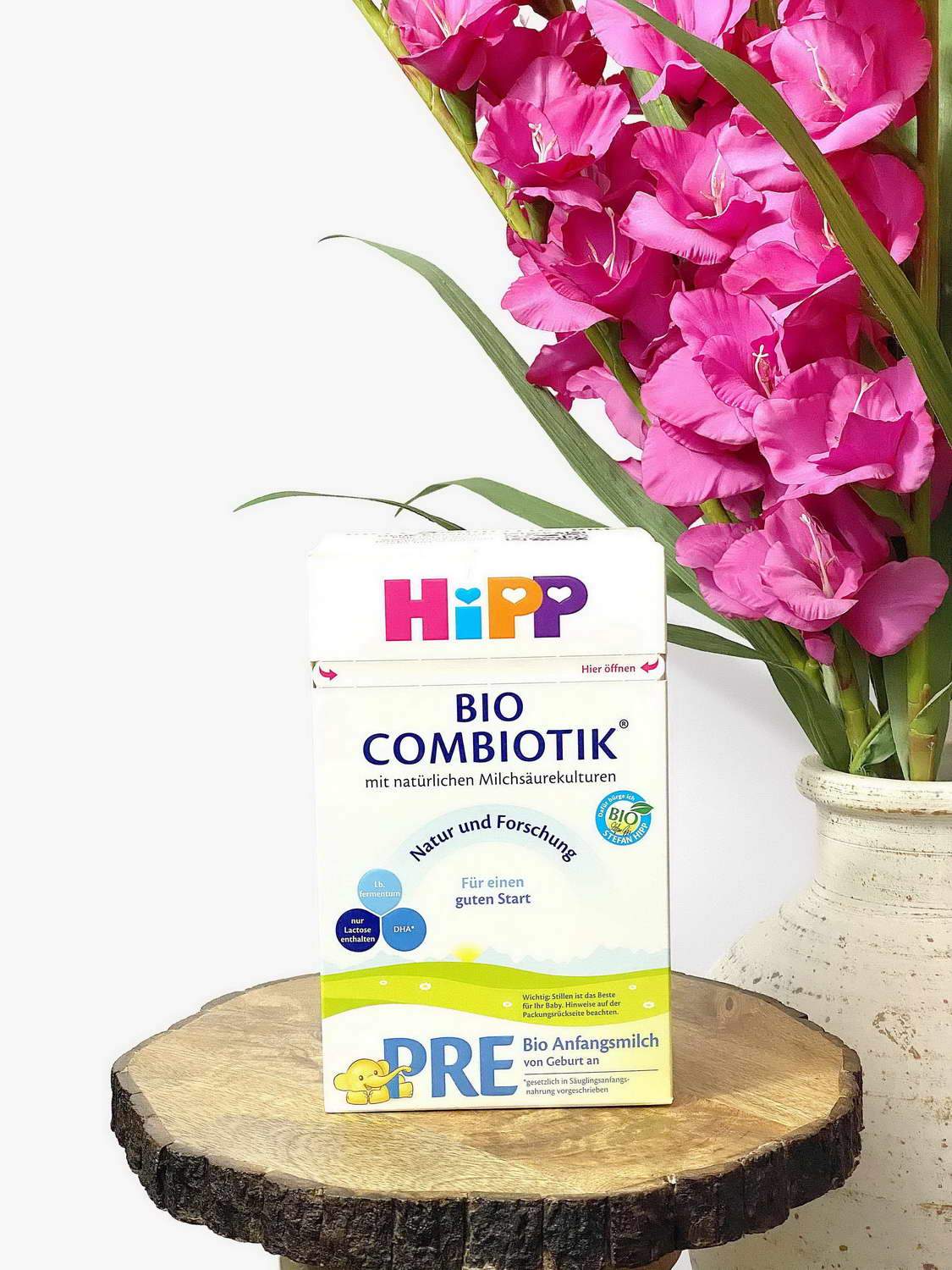Milk allergy in infants is more prevalent than most think - as some babies have an allergy while others have an intolerance. A milk allergy can develop in both breastfed or formula-fed infants because both methods contain the same milk casein proteins (60% whey and 40% casein blend).
Instead of choosing just any formula, you’ll need to know which formula in the market is best for sensitive stomachs.
This article discusses what you must know about milk allergies in infants, including the symptoms to look for and the best solutions for converting your grumpy baby into a content little snuggle bug.
Cows Milk Protein Allergy in Infants: What is it?
If you are a mom or dad with a fussy baby, you know perfectly well how alarming it can be when you can’t figure out what is wrong. Cow’s milk allergy (CMA) can affect as much as 4.9% of the population.
Many parents confuse a milk allergy with a milk sensitivity – which is understandable, since it seems easier to completely cut out dairy, rather than reduce the lactose content.
It’s important to understand that babies with a complete cow’s milk allergy should not consume any dairy, whereas infants with sensitivities can consume special formulas that still contain cow’s milk.
Signs Of Milk Allergy In Infant
It is important to understand that infants exhibit different symptoms depending on their immunological response when milk enters the body.
Symptoms of a milk allergy in babies include atopic eczema, angioedema, asthma, colic, diarrhea, respiratory tract mucus, rhinitis, urticaria, and vomiting. In the most severe, but rare, cases, anaphylaxis can occur much like with food like peanuts.
Cow Milk Allergy In Infants: How to Diagnose
As a parent, you will want to watch for symptoms that suddenly occur after feedings (such as spitting up, respiratory problems, or skin rashes). It may take months for your pediatrician to properly diagnose the symptoms as they may not occur while in the office.
So, your best chance of helping resolve the after effects of any type of allergy is to recognize the signs and document their occurrence.
You should also report these symptoms to your pediatrician as a milk allergy in babies is diagnosed when symptom onset includes the onset of multiple symptoms on the skin, mucosa, and a minimum of one respiratory system reaction, which tends to occur immediately after feeding or up to two hours later.
Keeping a journal if you suspect a milk allergy will support a proper diagnosis.
Another clear sign of milk allergy in babies is loose stool. While every baby has liquid stool once in a while, a regular consistency is a tell-tale sign that your baby’s gastrointestinal tract isn’t handling milk as it should.
Experts warn that if your baby has several loose stools daily for more than a week, an allergy is likely. Since infants consume milk, that is the most likely culprit causing the reactions.
Technology can help diagnose if you have a milk allergy eczema baby. The Neocate Footsteps App is a great resource for tracking it. You’ll also have your phone during your baby’s check-ups, so you will be able to provide accurate information on when and how often they occurred.
It is also digital information, so you can email it to your pediatrician to be added to your baby’s medical file.
Cow’s milk allergy rash in babies is also common. Symptoms to watch for include swelling around the lips or eyes and red, itchy patches on the face and body. As noted, it will not be the only symptom present.
So, you shouldn’t assume a rash alone is a cow milk allergy unless your baby is also having gastrointestinal or respiratory problems along with the bumps or the facial swelling.
Best Formula For Baby With Milk Allergy
The best formula for babies with milk allergy symptoms tend to be sensitive formulas. If your baby is allergic to cow’s milk, it may help to use goat milk formula. Goat’s milk has a tenth less protein than cows, so it’s gentler on the stomach.
The other options available for cow’s milk allergies typically have soy as the main ingredient. This should be a last resort for parents, as there are many complications from feeding soy to infants. Check out our Soy Article for more information on this topic.
Babies that only have a sensitivity to cow’s milk and not an allergy can check out HiPP. HiPP makes sensitive formulas for babies with different struggles. For example, HiPP HA caters to babies who are sensitive to breast and cow’s milk by using a hydrolyzed lactose protein (broken down into smaller fragments) for easier digestion.
For the extra sensitive babies, HiPP Comfort is the most sensitive formula available – not only does it have hydrolyzed protein, but it has a smaller lactose content.
Parents should start with the HiPP HA versions first, and then try HiPP Comfort if their baby is still having reactions.
#1 Goat's Milk Formula
Kendamil Goat Stage 1
Age: 0-6 months
Size: 800g / 28.22oz
Why Choose?
A2 Whole Goat Milk, No Palm Oil, No Fish Oil, Vegetarian Friendly, HMO's
#1 Formula for Cow's Milk Sensitivity
HiPP HA Stage 1
Age: 0-6 months
Size: 600g / 21oz
Why Choose?
Prebiotics & Probiotics for healthy digestion, hydrolyzed milk proteins for reduced allergic reactions
#1 Formula for Colic
HiPP Special Comfort
Age: 0 months +
Size: 500g / 17.6oz
Why Choose?
Prebiotics & Probiotics for healthy digestion, Reduced lactose content, Hydrolzed milk protein
Conclusion
We discussed the symptoms of cow’s milk allergy, which usually include more than one reaction – from gastrointestinal to skin or respiratory issues. Unlike a cow’s milk sensitivity, babies with CMA are advised to completely avoid cow’s milk.
This leaves parents with few formula options, and our best suggestion is trying Goat’s milk formula. For babies that have cow’s milk sensitivity, the HiPP sensitive formulas are a parent’s best options.
We also discussed speaking with your pediatrician about your concerns as well as how to keep a log for your baby. Remember, diagnosing CMA can be a long and challenging process, so be strong, patient, and keep good notes!
If you would like to learn more about any of My Organic Company’s Hypoallergenic, sensitive, or goat milk formulas, you can contact us about your baby’s reactions after drinking cow’s milk formula.
We are here to help, but please make sure you have discussions with your pediatrician as well, since they know your baby best.










